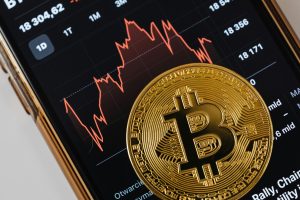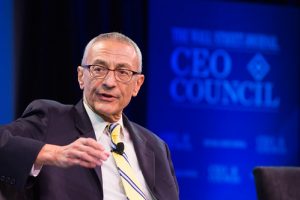How China hopes to secure its supply chain for critical minerals

Zimbabwe instituted some export restrictions on unrefined ore. They wanted to encourage international financial investment into refineries in the country to export refined products to benefit their people more. And Indonesia did the same thing for nickel.
There’s a huge amount of hunger in emerging economies to enter these industrial sectors and hop on to the clean-energy transition and benefit economically. You see this in India, Indonesia, Zambia, DRC, and Zimbabwe. Part of me wonders sometimes whether even in just five or 10 years we’ll look back on this US-China supply chain debate, anxiety, paranoia, or whatever and it’ll all just seem silly, because supply chains will look completely different.
Do you think clean tech will become as politicized as the semiconductor industry is right now? Let me know your thoughts at zeyi@technologyreview.com.
Catch up with China
1. A year after the “CRISPR baby” scientist He Jiankui was released from prison, he’s quietly getting back to academic roles. Meanwhile, gene-editing technologies in the West have evolved beyond what He did, prompting new questions. (New Yorker $)
- My colleague Antonio Regalado first broke the story of He Jiankui’s experiment on gene-edited babies back in 2018. (MIT Technology Review)
2. At the massive auto show in Munich last week, German brands like Volkswagen were feeling the competition from Chinese electric-car companies. (Bloomberg $)
- The EV industry has replaced consumer internet to become the new investor’s darling in China. (Wall Street Journal $)
3. Chinese government-linked social media operations are using image-making AIs to create visual content, according to a Microsoft report. (Washington Post $)
4. Beijing has ordered central government officials to stop using iPhones and other foreign smartphones at work in order to cut the country’s dependence on foreign technologies. (Wall Street Journal $)




